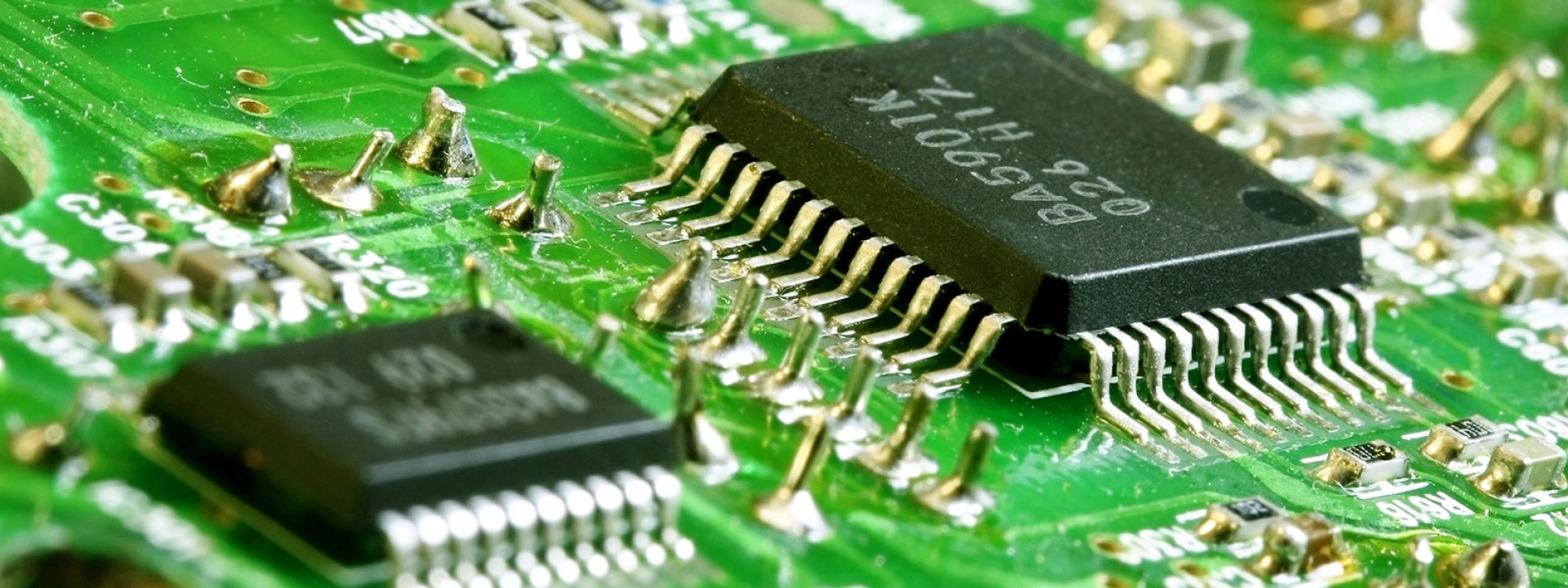News & Events
The supply of automotive MCUs is expected to stay tight through the second half of 2023, according to industry sources.
Despite the sharp decline in consumer electronics demand, the electrification of vehicles is driving the use of electronics in vehicles. Demand for key automotive microcontroller units (MCU) continues to be hot. Leading Taiwan-based semiconductor manufacturers estimate a single vehicle needs 20-30 MCUs. In the future, luxury vehicle models may need up to 100 MCUs, which is higher than the previously estimated 70 units.
Supply chains expect tier-1 IDMs such as Infineon, STMicroelectronics (STM), and NXP Semiconductors to extend delivery times and accelerate outsourcing. Supply and demand of automotive MCUs is expected to remain tight through the second half of 2023, which is good news for outsourced assembly and testing (OSAT) vendors.
Taiwan-based OSAT ASE Group is expected to greatly benefit, as this will effectively alleviate the decline in its packaging and testing business from consumer electronics. According to the sources, the bulk of outsourced packaging orders from IDMs have gone to ASE Semiconductor, with few going to Siliconware Precision Industries (SPIL), under ASE Group. On the testing side, in addition to ASE Group, orders have gone to Ardentec, King Yuan Electronics (KYEC), and Terapower Technology.
While some automotive MCU product lines are using the 5nm advanced process, the most used with the tightest supplies are the 28nm and 40nm processes. The main packaging processes used are traditional wire bonding quad flat no-lead (QFN) and quad flat package (QFP). Companies expected to excel in 2022-2023 are those that are able to win IDM orders.
Despite the significant fluctuations in the consumer electronics market, industrial control MCUs have seen relatively stable demand. Mid-sized MCU packaging and testing vendors said the visibility of consumer-related bulk products for MCU companies in Taiwan and China is unclear in second-half 2022; however, there is more certainty for order visibility of B2B, industrial control, and commercial products.
Demand for industrial controls will continue to rise as the world moves toward energy savings, carbon reduction, and a green economy, as well as with the remote and automation trends driven by the pandemic. Major international IDMs are also launching new MCU products for industrial control Internet of Things (IoT) that are compatible with edge computing. For example, NXP is promoting its MCX series for smart home and IoT edge applications. The MCX series integrates a new neural processing unit (NPU) that accelerates edge inference and can deliver up to 30-times faster machine learning throughput.
The industry expects major IDMs will focus on the automotive and industrial control sectors in the coming two years, and lock in high-margin product lines. The supply and demand gap in high-end consumer products and the uncertainty shrouding the overall consumer market are things Taiwanese chip makers should pay attention to. However, seizing bulk outsourcing business from IDMs will allow the IC supply chain, such as wafer production and backend packaging and testing vendors, to maintain steady performance and possibly even grow by making up for declining consumer electronics demand.
By DIGITIMES






